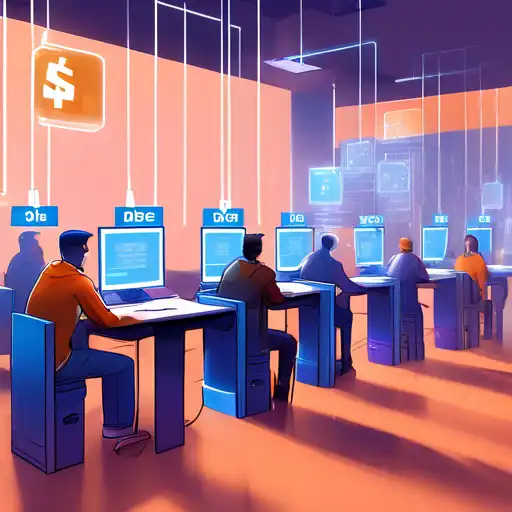Introduction to Blockchain in Voting
In the digital age, the integrity of voting systems is more important than ever. Blockchain technology, known for its security and transparency, is emerging as a revolutionary tool in securing voting processes. This article explores the role of blockchain in creating tamper-proof and efficient voting systems.
The Need for Secure Voting Systems
Traditional voting systems are fraught with challenges, including fraud, tampering, and inefficiencies. The advent of digital voting has introduced new vulnerabilities, making the need for secure solutions paramount. Blockchain technology offers a promising alternative by ensuring votes are immutable and verifiable.
How Blockchain Enhances Voting Security
Blockchain's decentralized nature means there's no single point of failure, making it incredibly resistant to hacking and fraud. Each vote is recorded as a transaction on the blockchain, creating an indelible and transparent record that can be audited but not altered.
- Immutability: Once a vote is recorded on the blockchain, it cannot be changed or deleted.
- Transparency: All transactions are visible to participants, ensuring the integrity of the election process.
- Decentralization: Eliminates the risk of centralized control or manipulation.
Real-world Applications of Blockchain in Voting
Several countries and organizations have begun experimenting with blockchain-based voting systems. For example, Estonia has implemented a blockchain system for online voting, showcasing the potential for secure and accessible elections. Similarly, private organizations are using blockchain for shareholder voting, ensuring transparency and fairness.
Challenges and Considerations
Despite its potential, blockchain voting faces challenges, including scalability, voter anonymity, and the digital divide. Ensuring that systems are accessible to all voters, regardless of their technical proficiency, is crucial for widespread adoption.
Conclusion
Blockchain technology holds the key to transforming voting systems into secure, transparent, and efficient processes. While challenges remain, the potential benefits for democracy and governance are undeniable. As technology evolves, so too will the solutions to these challenges, paving the way for a new era of secure voting.
For more insights into how technology is shaping the future, explore our technology trends section.
